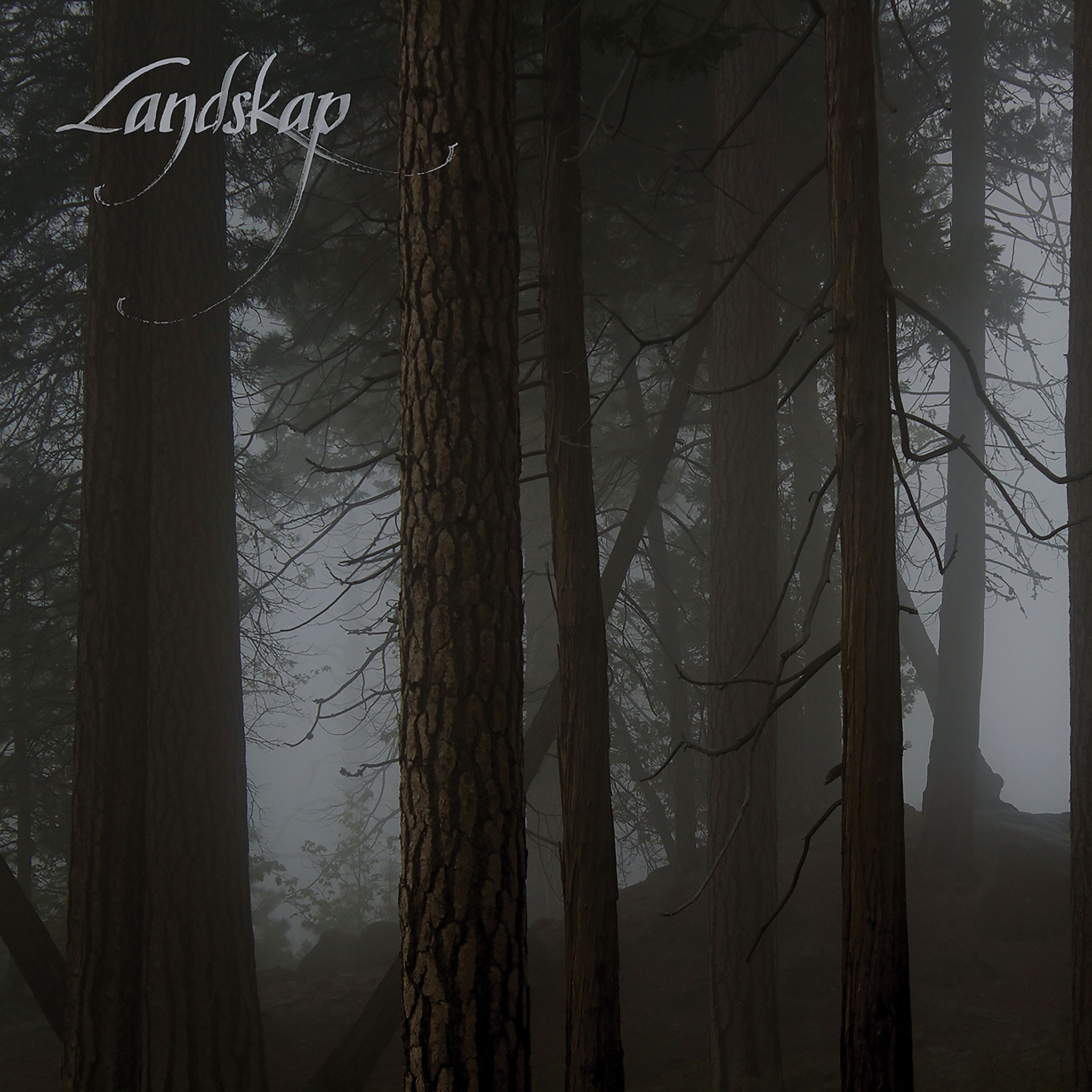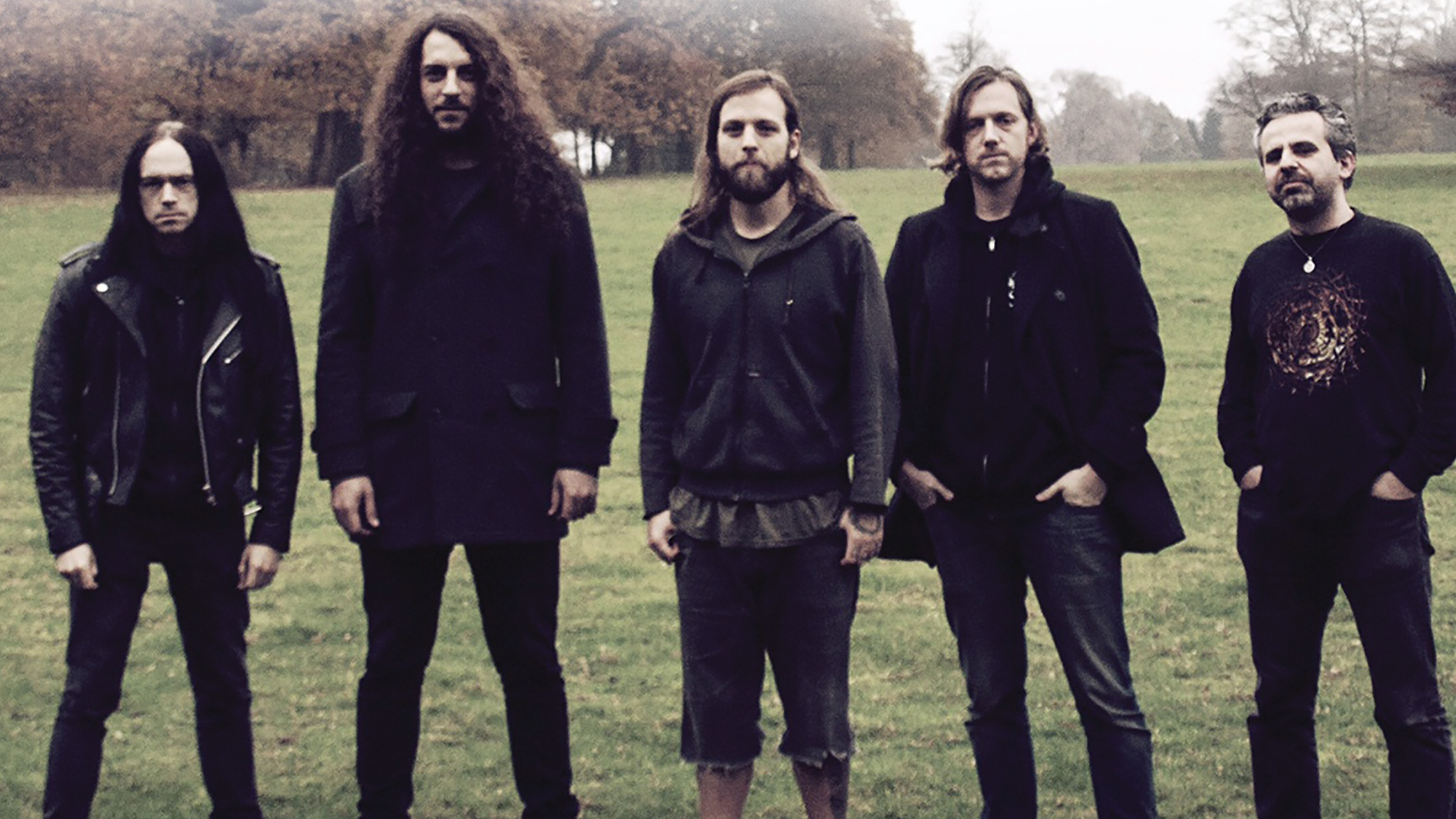Hypothetical lines drawn in the sand between prog rock and doom metal have never been more blurred and ephemeral than they are today, and London-based psychedelic warriors Landskap are doing more than most to gently confuse the issue. As showcased on their first two albums – imaginatively titled I and II – this band have a knack for harnessing low-slung Sabbath riffs and filtering them through a purposefully mystical, lysergic prism. The end result is a refined and elegant strain of earthy prog that almost demands that you succumb to your third eye’s hypnotic gaze.
“Our first album was described by many as a doom record, our second as a psychedelic heavy rock version of The Doors, and the latest tracks we’ve recorded are now being described as stoner rock,” notes organist Kostas Panagiotou. “I would say we have all of these elements in our music – and more! I like to see us in line with the free-spirited bands of the 70s, like Uriah Heep; bands that could comfortably move between various genres without belonging to any.”
The band formed in 2012 when lead guitarist George Pan moved to London and met original bassist Fred Caure. Bonding over a shared love of the psychedelic sounds of the late 60s and early 70s, they made a vow to create music “that comes straight from the heart”, according to Pan.
“We didn’t try to categorise our sound, or set any limits to our creativity,” the guitarist says. “It’s pure, soul-driven jamming turned into songs, with every member of the band contributing. The early heavy psych and prog scene is extremely influential, even in this era. It’s music that emanates straight from the psyche and therefore has no expiration date. It’s not a trend and will never be, as long as it’s a pure expression of the human soul.”
Landskap hit their first peak of artistic efficacy on II, an album that ends with a simply extraordinary piece of dark, proggy psych called Tomorrow’s Ghost. Languorous and spiky in equal measure, its 10 loping minutes confirm the band’s disinterest in relying on a formula, while drawing a fiery red line between future and past, with artful lyrics that indicate all is not well in the quintet’s collective unconscious.
“Writing lyrics for me usually comes from a certain feeling, rather than having a specific theme,” says frontman Jake Harding. “But sometimes you take a step back after and the meaning becomes clear. I look at Tomorrow’s Ghost now and it’s clearly about accepting death to come. It’s about that fear of losing our loved ones, and of losing ourselves, that we all share.
“But there hasn’t been any kind of singular philosophy behind the band,” he adds. “The focus has always been about jamming and letting it all evolve organically. Everything else comes after.”
Firmly tethered to the cult of analogue and vinyl, Landskap will formally release their third album (you can probably guess the title) later in 2016. It promises to further muddy the waters surrounding their identity by beefing up their sound and edging ever closer towards full-throttle psych rock.
Viewed as chapters in an ongoing story, all three Landskap albums point to the kind of liberated mindset that lies at the heart of the best progressive music. Where the band will go next is anyone’s guess, but one thing is for certain: this magical musical mystery tour is powered by passion. “For us, what has been most influential from prog rock is the idea that music is about free expression,” Panagiotou says. “That integrity and creativity in composition and recordings will always yield the best results.”

PROG FILE
| line-up |
| Jake Harding (vocals), George Pan (lead guitar), Christopher West (bass), Kostas Panagiotou (keyboards), Paul Westwood (drums) |
| sounds like |
| Riff-driven, jam-centric psychedelic rock with a dash of Jim Morrison’s theatrical flair |
| current release |
| II is available now via Bandcamp |
| website |
| landskap.bandcamp.com |

